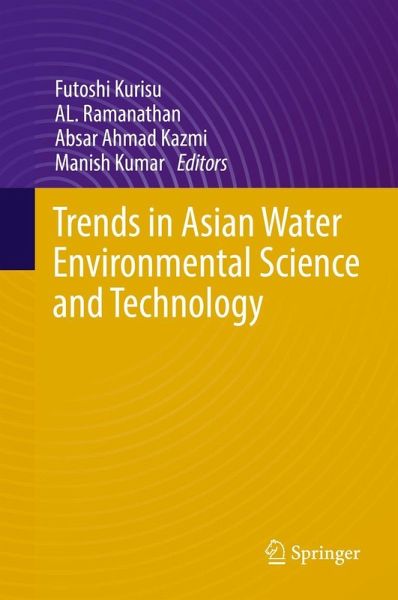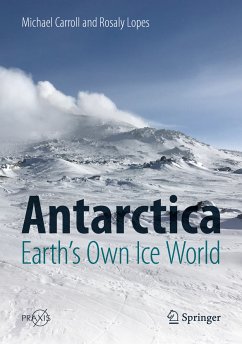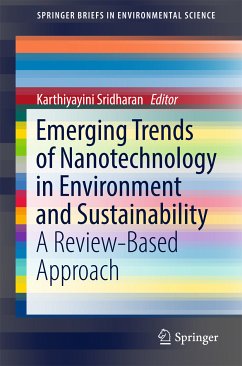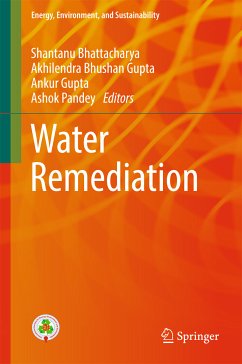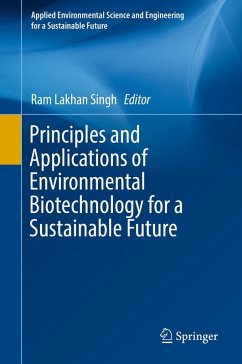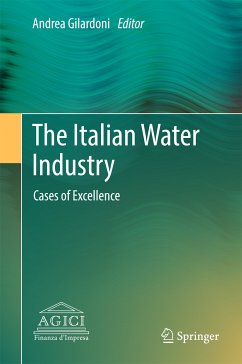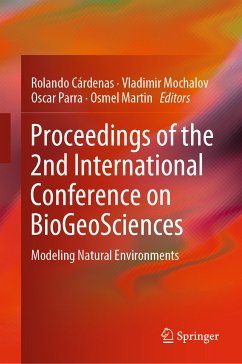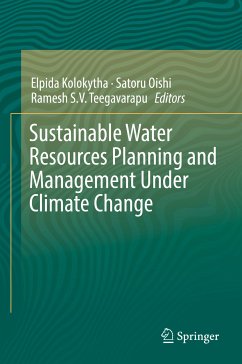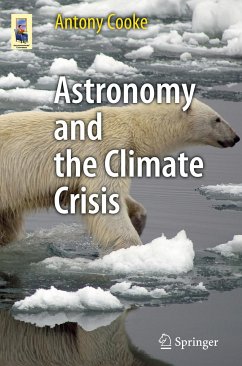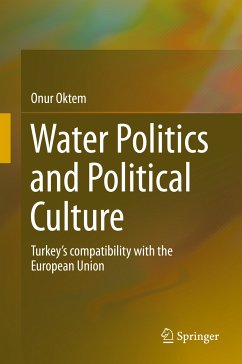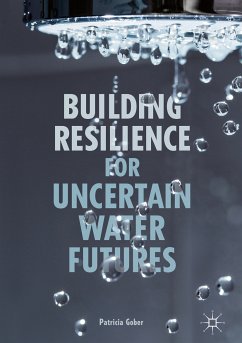Dr. Futoshi Kurisu is an associate professor at the Research Center for Water Environment Technology (RECWET), University of Tokyo. He received the excellent paper award for young scientists from the Japan Society of Civil Engineering in 2001. He has also won the Takeda Techno-Entrepreneurship Award and Kurita Excellent Research Award for Water and Environmental Studies, in 2002 and 2010, respectively. He has published more than 70 papers in peer-reviewed journals, and is a member of the Japan Society on Water Environment, Japan Society of Microbial Ecology, Japan Society of Civil Engineering, Japan Society of Environmental Biotechnology, Japan Society of Water Treatment Biology, International Water Association, and the International Society of Microbial Ecology. His current research interests are microbial enhancement of soil/groundwater bioremediation, microbial analysis of biological water/wastewater treatment processes, and water quality evaluation of water resources for reuse. Prof. AL. Ramanathan, Ph.D. in sedimentary geochemistry, is currently a Professor at the School of Environmental Sciences, Jawaharlal Nehru University, New Delhi, India. He is engaged in various aspects of coastal research, including nutrient dynamics, paleo environments, source identification etc., with a number of universities and research organizations in India, Australia, Russia, the USA, etc. He has supervised several Ph.D.'s in the areas above and published more than 60 papers in respected peer-reviewed journals. He has also published 5 books and several book chapters. He received three IFS Sweden (Project) Awards to work on Mangrove biogeochemistry, in addition to working on national and international Indo-Australian, Indo-Russian, DST, MoEF, and MoWR projects. He was a post-doctoral fellow in the STA Japan program, UGC-Russian Academy of Science program, CSIR, INSA, DST, etc. He is Chief Editor of the Journal of Climate Change, a member of the editorial board for the Indian Journal of Marine Sciences, and has served as a referee for many national and international journals. Dr. Absar Ahmad Kazmi is a Professor of Environmental Engineering at the Department of Civil Engineering, IIT Roorkee. He received his Doctor of Engineering from the University of Tokyo in 1999. After working as a Project Engineer at Nishihara Environment Technology, Tokyo (1999-2004), he is now actively involved in teaching, research, consultancy and continuing education programs at the IIT Roorkee. He has received many awards and published more than 150 papers in peer-reviewed journals, in addition to book chapters and conference papers. He is a member and chairman of several committees of National and State Governments; most notables are the Ministry of Urban Development committee on the preparation of Design and O&M manuals on Sewage Treatment, the Ministry of Environment & Forests Research Advisory Committee, and the National Green Tribunal. He has chaired several conferences, engaged in several sponsored research projects and was involved in consultancy projects for various companies and organizations. Dr. Manish Kumar holds a Ph.D. in Environmental Engineering from the University of Tokyo, and is a faculty member at Tezpur Central University, Assam, India. He has four book publications to his credit, as well as numerous (>50) further publications in the course of his 12 years experience in hydrology and water management and working experience at prestigious institutes like the University of Tokyo, Japan; Kunsan National University, S. Korea; Uppsala University, Sweden; and Jawaharlal Nehru University (JNU), Delhi. He received a Research Grant Award from Kurita Water Environment Foundation (KWEF), Japan (ID P: 14009), a Major Research Project Grant from the University Grant Commission (UGC), India (2012-2015), a Uranium Research Grant from Bhabha Atomic Research Centre (BARC), Mumbai (2015), a Water Advanced Research and Innovation (WARI) Fellowship, USA (2016-2017), two best poster awards as co-author of the paper, the Best Research Award 2013 at the 4th Asia Pacific Water Young Professional (APWYP) conference in Tokyo, the International Water Association (IWA) initiative, DST young scientist award (2012-2015), JSPS Foreign Researcher Fellowship (2010-2012), COE Young Researcher Fund (2007), and a Linnaeus-Palme stipend from SIDA, Sweden (2005). He serves on the editorial boards of the Journal of Groundwater for Sustainable Development (Elsevier Journal) and the International Journal of Earth Sciences and Engineering.
